Infection and Immunity nieuws
Jan 16: Bacterial wall sugars of Staphylococcus aureus interesting target for novel vaccines

There is considerable evidence that specific polysaccharides (so-called wall teichoic acids or WTA) on the bacterial wall of Staphylococcus aureus might be a good target for vaccination and antibody therapies. This was the overall conclusion that was drawn in the PhD research by Astrid Hendriks (UMC Utrecht), who defended her PhD thesis on January 12 in Utrecht.
Read moreJan 12: Skin immunity in protection against Staphylococcus aureus infections
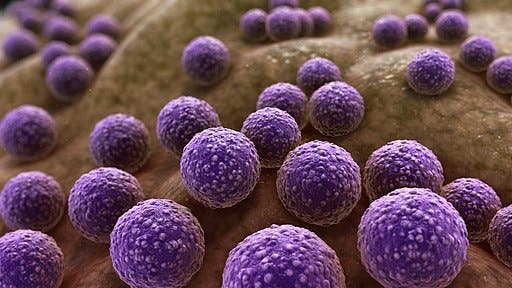
Interaction of the immune system with the bacterium Staphylococcus aureus leads to generation of the innate and adaptive immune responses in our body. On one hand, binding of S. aureus glycans to a specific receptor on dermal dendritic cells in the skin triggers a range of pro-inflammatory responses, including cytokine production. On the other hand, continuous interplay with S. aureus leads to development of S. aureus-specific tissue-resident memory CD4+ T cells in the skin of healthy subjects. However, despite the presence of memory CD4+ T cell against S. aureus, there is still a high recurrence of staphylococcal infections. Targeting of specific dendritic cells (involved in the bacterial recognition), and T cell populations (important for anti-staphylococcal adaptive responses) could be useful when designing new vaccination strategies against chronic S. aureus infection.
Read moreDec 22: European clinical research response during pandemic must be faster
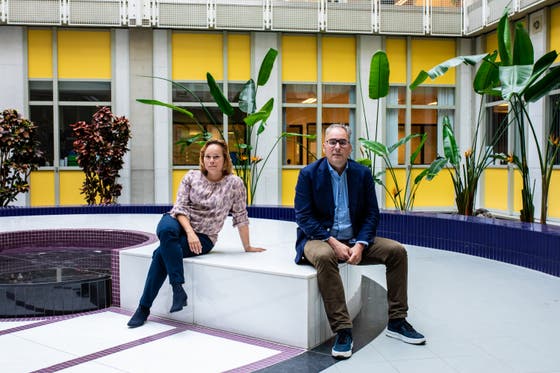
To be better prepared for the next pandemic, leading scientists from the Netherlands, Belgium and the United Kingdom are advocating some radical innovations. They propose the creation of a European authority for clinical research on pandemics to coordinate clinical research in this area thereby avoiding fragmentation of studies. They also propose that international clinical trial networks be formed as soon as possible so that, in the event of a new pandemic, clinical trials can start immediately in order to identify good and evidence-based treatments quickly.
Read moreDec 17: Macrophages important in relieving chronic inflammatory pain
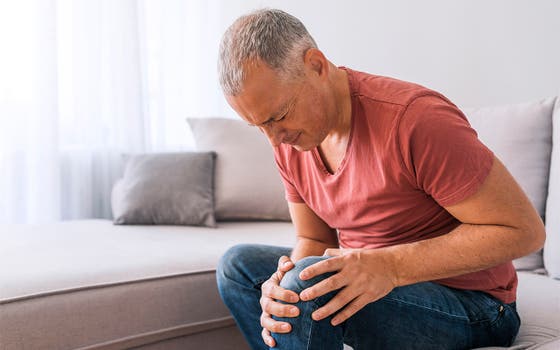
Macrophages actively control resolution of inflammatory pain remotely from the site of inflammation by transferring mitochondria to sensory neurons. Pain resolution and the transfer of mitochondria requires the expression of the CD200 receptor (CD200R) on macrophages and its ligand iSec1 on sensory neurons. These research findings from UMC Utrecht reveal a novel mechanism for active resolution of inflammatory pain.
Read moreDec 16: Over 5 million for cell and gene therapy
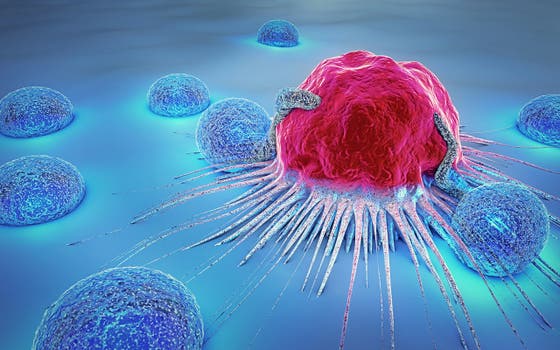
The new national platform DARE-NL has received a grant of €5.3 million from the Dutch cancer fund KWF Kankerbestrijding. UMC Utrecht is the driving force behind the platform. DARE-NL will improve the availability of cell therapy and gene therapy. In this way, more patients can make use of these innovative treatments.
Read moreDec 15: Marjolein de Bruin-Weller appointed as Professor of Atopic Dermatitis
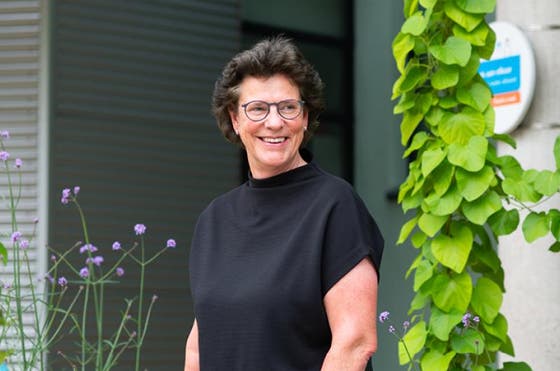
Marjolein de Bruin-Weller has as of December 15, 2021 been appointed Professor of Atopic Dermatitis at Utrecht University/UMC Utrecht. The chair will be positioned within the Department of Dermatology & Allergology, one of seven clinical departments of the Division of Internal Medicine and Dermatology. It aims to further develop the multidisciplinary patient care as well as clinical and translational research in atopic dermatitis.
Read moreDec 13: Corona nasal self-test sufficiently reliable in symptomatic people, but not reliable in absence of symptoms
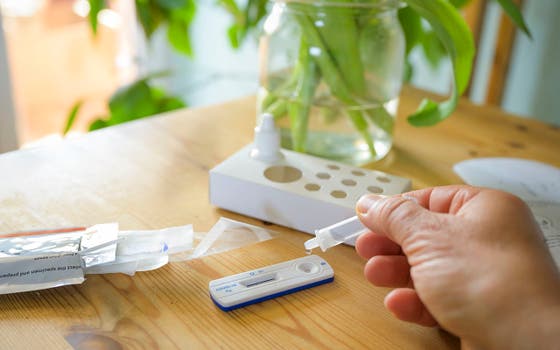
Recent Dutch research has shown that the corona antigen nasal self-test is sufficiently reliable if, at the time of testing, a person has symptoms or complaints that fit a corona infection, but not in the absence of symptoms or complaints. In addition, the saliva self-test, which requires spitting into a tube, appears to be insufficiently reliable regardless of the presence or absence of symptoms.
Read moreNov 26: Multiomics approach provides deeper insight in pathologic mechanisms in systemic sclerosis
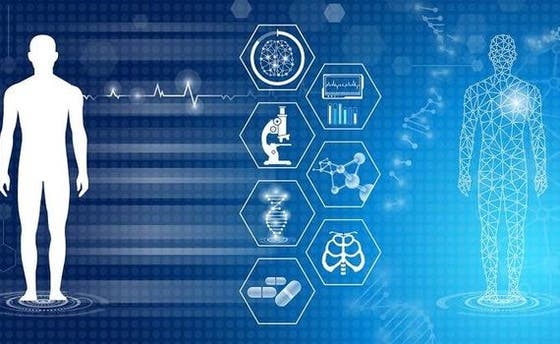
A multiomics approach provided new and deeper insights in the pathologic mechanisms of systemic sclerosis (SSc). One identified key factor was the modulation of inflammation-related pathways in innate immune cells (monocytes and dendritic cells). This innovative approach is expected to pave the way toward personalized treatment of SSc patients. This was concluded by Nila Servaas (UMC Utrecht) in her PhD thesis that she defended on November 25.
Read moreNov 19: Killing bacteria by ‘drilling’ holes in their cell wall
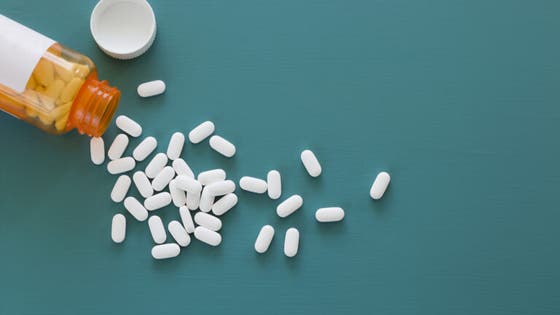
It is well-known that bacteria can be killed by specific proteins of the human immune system (called ‘complement’ proteins) that can create pores in the bacterial cell wall. PhD student Dennis Doorduijn from UMC Utrecht investigated, on a molecular level, how this pore formation takes place and how certain bacteria can evade this killing mechanism. He concludes that these insights provide interesting clues on how to develop new anti-bacterial therapies.
Read moreNov 17: Corona vaccines seem less effective in Down syndrome
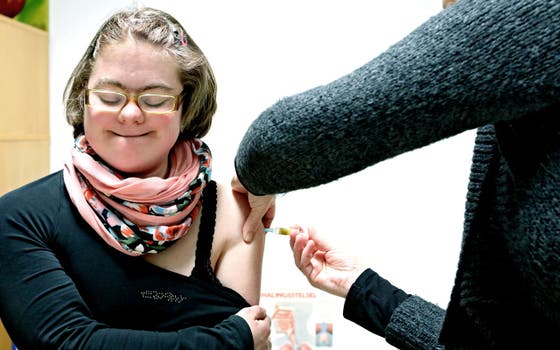
Research by UMC Utrecht into the immune system after administration of a corona vaccine in adults with Down syndrome shows that they may be less well protected after two vaccinations. Based on, amongst others, this research, the Dutch Health Council today advised the Ministry of Health, Welfare and Sport (VWS) to offer all adults with Down syndrome a booster vaccination at an accelerated pace.
Read more